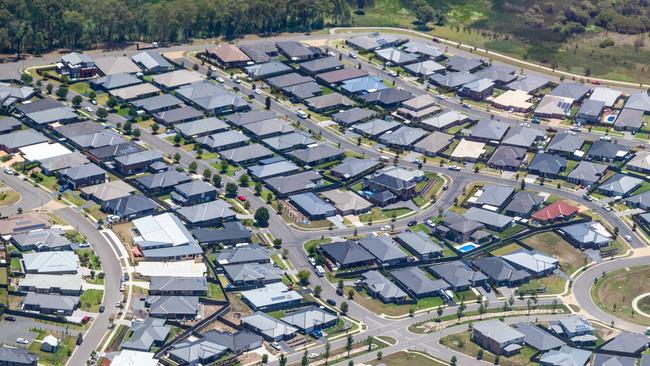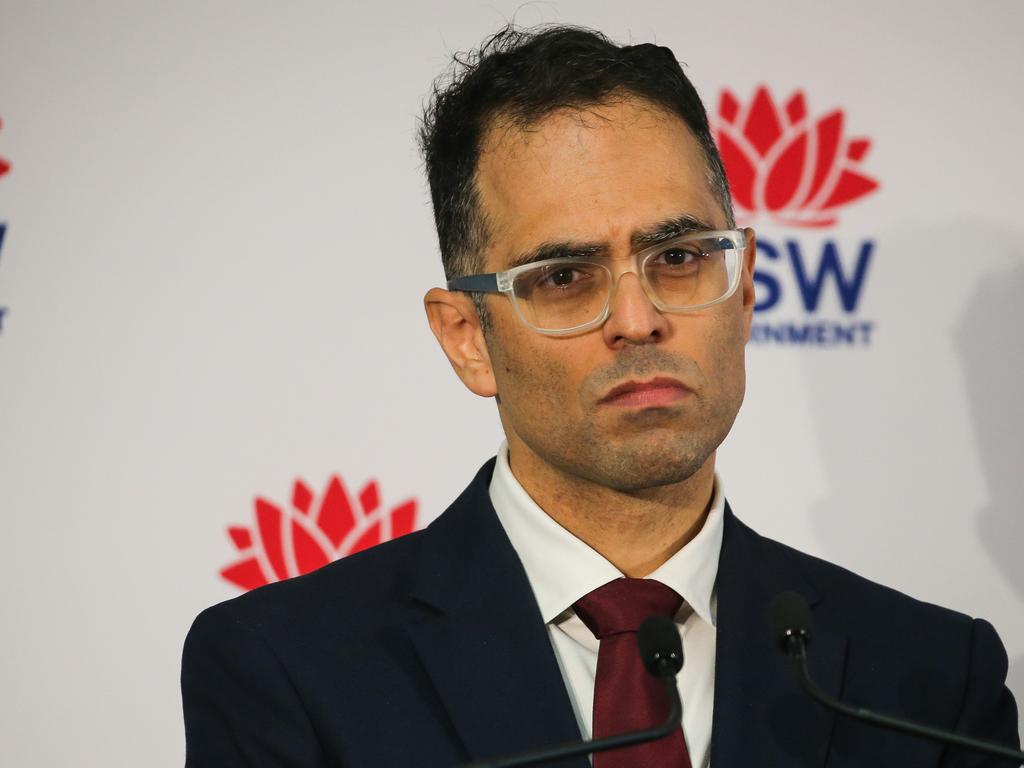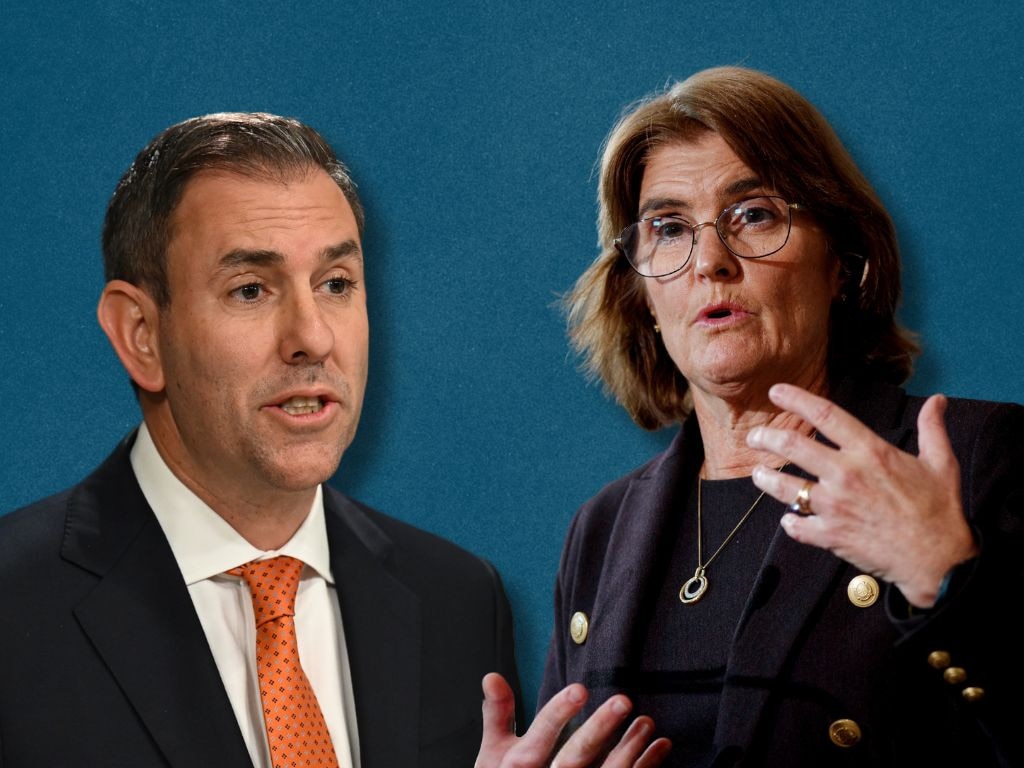Labor’s $5 billion building bonanza to tackle NSW housing crisis
Recognising that the housing crisis is its greatest political threat, the Minns government has earmarked building supply as its highest priority in the state budget.

The NSW Labor government will spend $5bn to build 8400 new social homes and release surplus land for another 21,000 homes, but may struggle to find the extra skilled workforce and overcome soaring building costs to achieve the ambitious scheme.
Recognising that the housing crisis represents its greatest political threat, the Minns government has earmarked building supply as its highest priority in the budget.
At least half of the new homes built will be prioritised for women and children fleeing family and domestic violence, “the biggest ever investment in social housing in the state’s history”, Treasurer Daniel Mookhey said.
There would be more homes for key workers to rent “close to the schools, hospitals and police stations where they work”, he said.
Too many suburbs had become unaffordable for nurses, teachers, police and paramedics, he added.
However, much of the funding for the move comes from increased tax revenue from transfer duty ($4.1bn) and land tax ($5.6bn) off the back of a booming property market, which continues to put home ownership further out of reach for many home buyers.
Changes to land tax thresholds will mean some landlords will be hit with an increase, raising an extra $1.5bn over four years.
Mr Mookhey said the land tax changes were merely aligning tax threshold arrangements with other states and would not have any flow-through effect on rents.
Of the 180,000 people who currently paid land tax, only 30,000 would be affected and most would be capable of claiming some of the loss back through negative gearing arrangements, he said.
Positioning itself as “the people’s developer”, the government is aiming to build or rebuild 8400 new social homes for seniors, people with a disability, young people without family support and women and families escaping domestic violence, and a further 33,500 social homes upgraded in a $1bn “maintenance blitz”.
Renters get little extra help beyond an increase in frontline rental inspectors and engagement officers to help the Rental Commissioner enforce standards.
The budget also includes $202m to fund a critical maintenance program for Aboriginal housing to repair and upgrade homes.
The government will begin releasing parcels of surplus state-owned land found in a recent audit to build 21,000 new homes close to public transport and other existing infrastructure.
The audit identified an initial 44 sites not being used by government and the search for more surplus land would continue, Mr Mookhey said. “This is a model that is sustainable, this is a model that is repeatable,” he said.
The government’s policy of allowing higher housing density in several Sydney suburbs has attracted controversy but in his speech to parliament, Mr Mookhey challenged opponents to find alternatives. “If we are not building homes near public transport, then where should we build those homes – and if not now, when?”
For “key workers” like teachers, nurses and police in metropolitan Sydney, Landcom will get $450m to build 400 homes, while healthcare workers in the regions will get $200m to build 500 homes. Some sites will be developed in partnership with the private sector.
Councils will get access to a $200m incentive fund to expand critical services and the Building Commission will get $35m more to enforce building standards.
The Planning Department will get $254m over four years to assess more development applications and deliver more land rezonings.
Urban Taskforce Australia, a property development industry group, said the budget “risks killing off the goose that lays billions of dollars in property taxes” as it did nothing to remove the raft of taxes and charges on new housing.
“It introduced a new charge in the ‘Strategic Biodiversity Component charge’ for the 2024-25 financial year, which will take a further $50m from new housing over the next four years,” UTA acting CEO Stephen Fenn said.







To join the conversation, please log in. Don't have an account? Register
Join the conversation, you are commenting as Logout